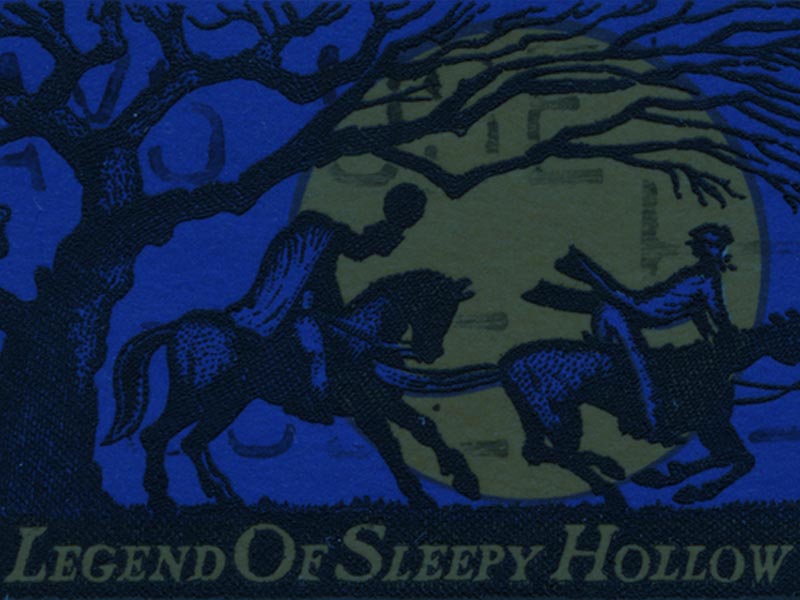The Headless Horseman is a legendary figure primarily associated with Washington Irving’s short story “The Legend of Sleepy Hollow,” published in 1820. The story is set in the fictional village of Sleepy Hollow, near Tarry Town, New York, and follows the tale of Ichabod Crane, a superstitious schoolteacher who encounters the ghost of a Hessian soldier who lost his head during the American Revolutionary War.
The term “Hessian” refers to the German soldiers who were hired by the British to fight during the American Revolutionary War. Many of these soldiers came from the region of Hesse in Germany, which is why they are called Hessians. They were known for their disciplined military training and were often deployed as mercenaries in various conflicts.
In “The Legend of Sleepy Hollow,” the Headless Horseman is described as a Hessian soldier who was killed during a battle. The use of a Hessian as a ghostly figure taps into the fears and animosities of the time, as the American colonies were fighting against British rule, and the presence of foreign mercenaries added to the tension of the conflict.
The Headless Horseman is often depicted as a spectral rider who rides through the woods, seeking his lost head. The story blends elements of American folklore and Gothic horror, exploring themes of fear, jealousy, and the clash between the rational and the supernatural. The Headless Horseman has since become an iconic figure in American culture, representing the enduring allure of ghost stories and the rich tradition of storytelling in the United States.
Related Articles
The Origins of Card Games: From Royalty to Rainy Days
Card games are a universal pastime, but did you know their origins date back over a thousand years? The first playing cards appeared in China during the Tang Dynasty (618–907 AD), where they were...
The Secret Life of Sloths: Slow but Surprisingly Smart
Sloths are famous for their slow pace, but there’s much more to these unique creatures than meets the eye. Native to Central and South America, sloths are fascinating examples of how animals adapt...
The Science Behind Lightning: Nature’s Electrifying Show
Every second, lightning strikes the Earth about 100 times, producing one of nature’s most awe-inspiring phenomena. But what exactly causes these brilliant bolts of electricity to streak across the...





